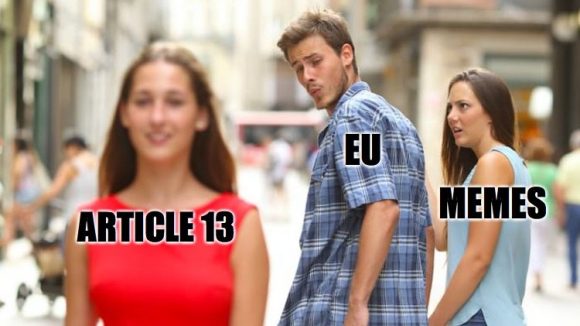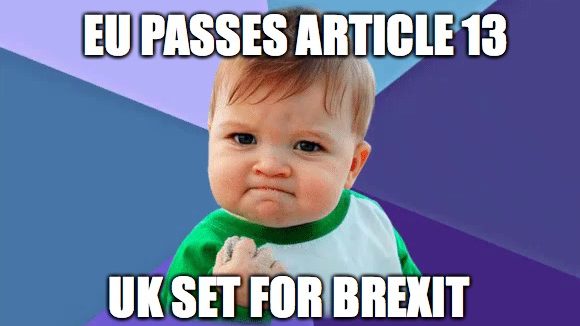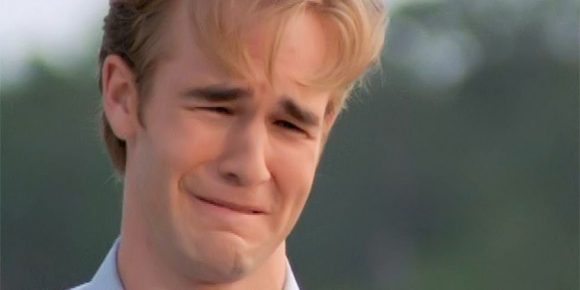The EU passed the controversial copyright law on Tuesday which answers a lot of grey areas and creates an equally bigger stir for both content creators and social media platforms

Are memes going to be banned now? What will the UK do about these new laws after brexit? What does the article 13 even entail? Here is the breakdown to help you understand the new copyright laws that seek to threaten internet autonomy.
What even is Article 13?
It was widely believed throughout the internet community that the new laws would make it nearly impossible for content creators to upload even the slightest bit of copyrighted material. The European Union Directive on Copyright in the Digital Single Market, to use its full name, requires the likes of YouTube, Facebook and Twitter to take more responsibility for copyrighted material being shared illegally on their platforms.
Basically, it actually just mentions how YouTube, Facebook and other online content sharing services should deal with copyright-protected content, such as television programmes and movies.

What does this mean for the UK?
As you may be aware, the UK is set for Brexit, however, the UK did participate in the voting process for the bill to successfully pass in the EU Parliament. This means that the UK will work on the implementation of the same over the next two years followed by its lawful effect until the UK is in a transitional period.
Once the UK has left the EU completely, the laws that were previously in place will come back to effect.

The Good
Article 13 is the plan of the EU to fix the way copyright works on the internet. It doesn’t ban the reuse of images that are used by meme makers around the continent. Anything for the review, caricature or parody is exempted. It is actually an attempt to spread money more evenly between creators and hosting platforms.
So now, after this becomes a law by the member states over the next two years, platforms will need licenses to host copyrighted content. If you are a content creator, your rights are well secured to ensure you are reimbursed for your efforts.

The Bad
To successfully implement article 13, the platforms will need to set up filters to put the entire content through before it is uploaded as they are now accountable for copyrighted content on their platforms.
Basically, If you aren’t able to get a license, the content shouldn’t be uploaded. Let’s take an example, say you are a YouTube content creator who uploaded some copyrighted content, who is to blame? You the uploader or the platform you uploaded to? This is the grey area the article aims to clear out but while doing the same, has stepped on the toes on millions of internet users.

The Ugly
It doesn’t explain exactly what these platforms need to do to stop publishing copyrighted material. Upload filters may end up blocking a lot of the content that is completely legal to publish online.
There are also various formats in which the copyrighted material appears online, for example, the lip sync battle with the Taylor Swift song? Copyrighted. The ten second GIF showing your favourite Sunday league goal? Copyrighted. This is all because the filters may not be sophisticated enough to tell the difference between a fair use and a copyright violation.
This means small websites maybe first of all not be able to negotiate reasonable licensing deal and not afford elaborate filters like tech giants YouTube. Also, on the other hand, if you go to social media for your news, the news publications may also claim copyright to seek monetary compensation for their displayed content.
What the entire saga boils down to is that internet regulations isn’t quite that simple. No one can quite agree how these platforms are expected to identify and remove this content. The creators don’t know how to ensure their content is copyright free.
The platforms will need to invest heavily to stay sustainable or just face shut down. The future is uncertain, however, the EU has taken the first step to make digital copyright laws organised which may change how we see the internet, forever.
